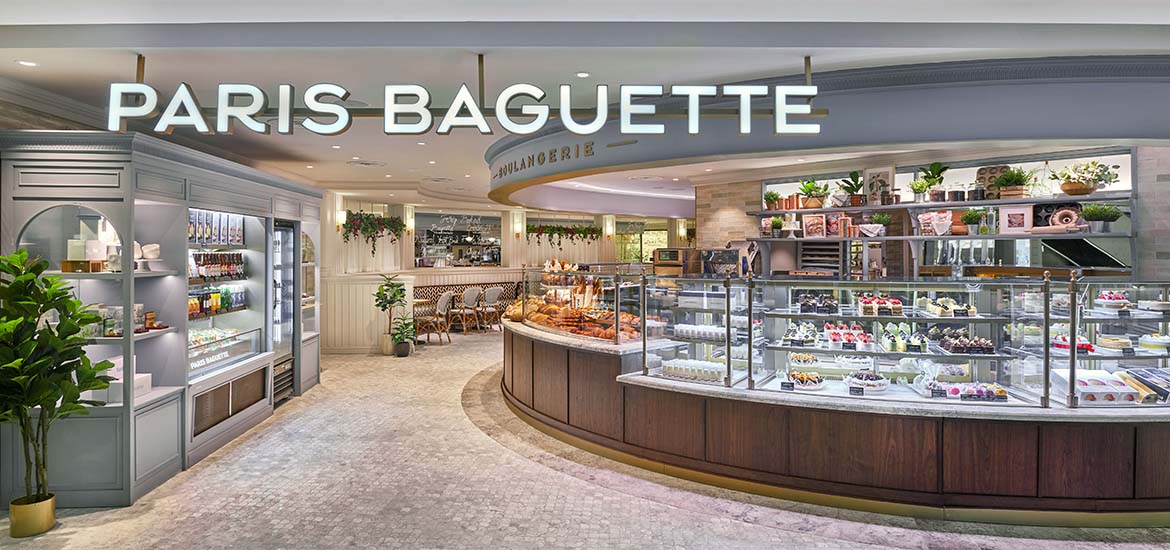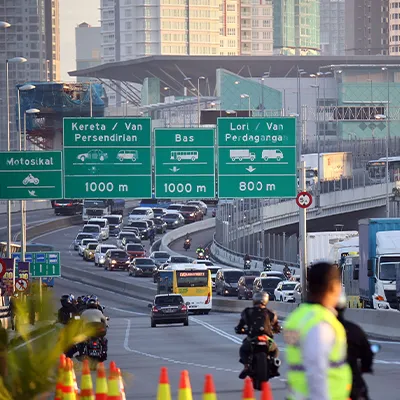Paris Baguette, a popular multinational chain of bakery-cafes headquartered in Seoul, has set an ambitious goal — to increase the number of storefronts by over 10 times in eight years. The bakery has 36 stores across Singapore, Vietnam, Indonesia, Cambodia and Malaysia and plans to set up around 500 stores in Southeast Asia (SEA), the Middle East, and North Africa by 2030.
The secret ingredient to making this lofty goal possible is none other than the partnership between Singapore, Malaysia and Indonesia, that allows businesses to leverage the complementary advantages of the three countries to secure long-term growth in the region and globally.
Under the “SG+” twinning model, international companies and foreign manufacturers have set up their regional headquarters in Singapore, tapping on its world-class business ecosystem, financial and innovation ecosystem, and manufacturing operations in neighbouring countries.







